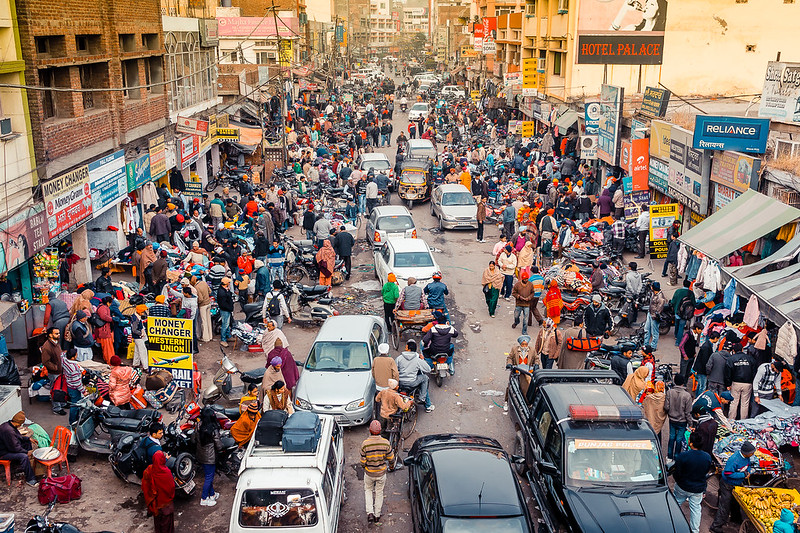Suniti Solomon: Pioneering HIV/AIDS Researcher and Activist
 Suniti Solomon neatly laid out photographs of prospective brides and grooms on her small desk, carefully tucking them under a stainless-steel cup and saucer and away from the force of the wind. Over filter coffee, and with her colleagues’ help, she was going to play matchmaker.
Suniti Solomon neatly laid out photographs of prospective brides and grooms on her small desk, carefully tucking them under a stainless-steel cup and saucer and away from the force of the wind. Over filter coffee, and with her colleagues’ help, she was going to play matchmaker.
But what was evolving in this unassuming house on a quiet street in Chennai’s otherwise bustling T. Nagar was far from an ordinary arranged marriage. It was a result of Dr. Solomon’s affection for everyone who knocked on the door of her NGO. Deeply involved with her patients’ lives, she understood how their suffering was compounded by social stigma. She was working hard to remedy their lack of matrimonial opportunities by matching them with each other.
Suniti Solomon’s Discovery of HIV in India
Dr. Solomon joined the Madras Medical College in 1971 for her postgraduate degree in microbiology, after having trained in London and Chicago. As a member of its faculty in the early 1980s, she read papers across international medical journals detailing the quick spread of what many considered a mysterious disease then: HIV, according to The Hindu.
Working against the government’s HIV-denying narrative at the time, Dr. Solomon, along with her student Selleppan Nirmala, collected blood samples from 100 members of the sex worker community in Chennai in 1986. As she had anticipated, six samples tested positive for HIV. This was possibly indicative of a much larger epidemic across the country, given the size of India’s population.
This shocking finding catapulted the government into action. It braced for a crisis like no other, given the prevalence of poverty and lack of access to quality health care in the country. However, remarkably enough, this disaster was averted: India’s incidence rate has remained below 0.3%. The annual number of people newly infected with HIV declined by close to half between 2010 and 2021 in India.
This progress is thanks to the successful control of contagion in India. This has been achieved with free antiretroviral therapy, awareness initiatives and effective engagement with civil society. But it is also due, at least in part, to Dr. Solomon’s efforts.
Treating the Disease and Healing the Individual
Thoroughly attuned to patients’ stories of struggle – from the case of an infected 13-year-old to a family whose members died by suicide when news of their diagnosis spread, Dr. Solomon opened India’s very first voluntary HIV testing and counseling center at Madras Medical College. She transitioned to independently running her own NGO in 1993, the Y.R. Gaitonde Centre for AIDS Research and Education (YRG CARE).
With this, Dr. Solomon built a safe and nurturing space for every person living with HIV who had fallen through the cracks in public health care. YRG CARE started with just three employees. However, it now has a 1,000-member-strong workforce, spread throughout India’s 28 states, according to the American Society for Microbiology. It pioneered HIV awareness programs in schools and colleges. It has provided care to nearly 2 million people living with HIV, from easier access to specialized pharmaceutical drugs to recuperation facilities at in-patient centers.
Suniti Solomon: Legacy
Dr. Suniti Solomon received many accolades when she was alive, from an honorary Doctor of Medical Science degree from Brown University to a Lifetime Achievement Award by the Tamil Nadu AIDS Control Society. She passed away in 2015, at the age of 76. Many people, including The New Yorker’s Michael Specter, remember her as warm, empathetic and soft-spoken. Old interviews reflect her feistily unorthodox and good-humoured spirit. Colleagues recall that she inspired hope and courage in them. The government of India posthumously awarded her with the Padma Shri, India’s fourth-highest civilian honor, in 2017.
– Shiveka Bakshi
Shiveka is based in London, UK and focuses on Good News, Global Health for The Borgen Project.
Photo: Flickr
